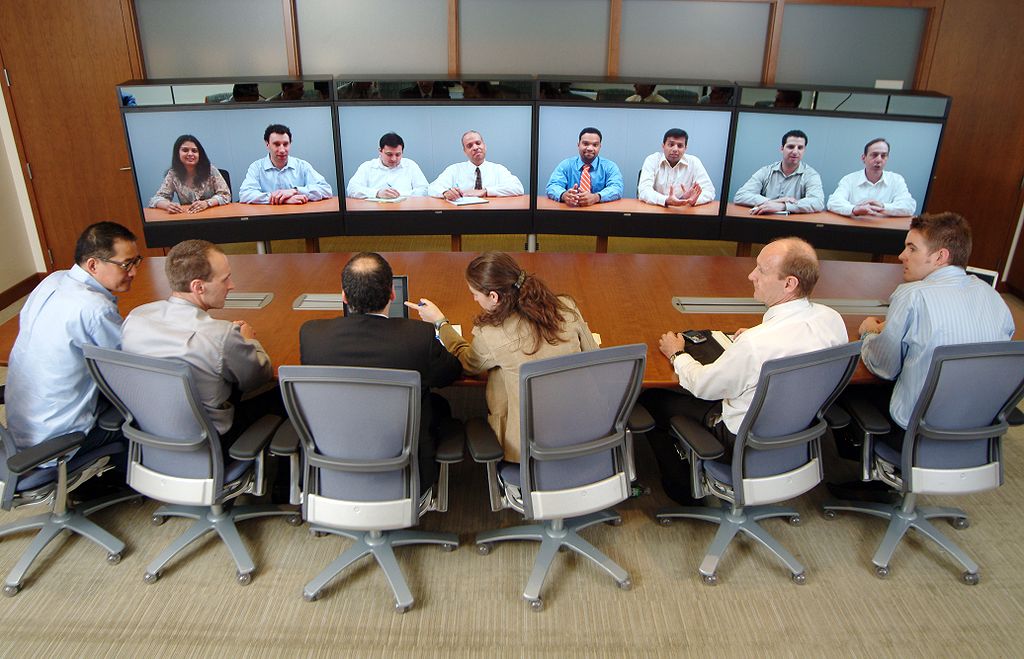We use the term “accent” in at least a couple of ways:
- the sounds and pronunciation used by a “native” to speak their first language, e.g. when we say that someone from Sydney is speaking English with a broad Australian accent; or
- the way a non-native speaker pronounces a second language, e.g. when we remark that a man at the post office in Melbourne is speaking English with a very thick French (or Chinese, or Spanish) accent.
As we’ve said before, everyone has an accent, and – despite what some people might have told you at school – none are inherently better than any other. But different accents of English provide us with a source of endless anxiety and debate. For example, consider:
- this report about New Zealand kids picking up American accents from watching too much US television;
- the well-known phenomenon whereby some Australians “put on” fake English accents on arrival from England (the so-called “Heathrow Accent”);
- the controversy about Meryl Streep’s Evil Angels;

- British media attacks on Russell Crowe’s English accent in Robin Hood;
- the universally lambasted, truly awful English accents of Keanu Reeves and Winona Ryder in Dracula; and
- the thousands of videos and blogs on the web decrying and celebrating regional accents, often comparing them unfavourably with standard British or US English.
What these examples prove is that many people are both: (1) sensitive, even defensive, about their own accents – treating them as a crucial part of their individual and national identity; and (2) easily amused by others’ accents. Accent bashing is kind of like the old saying: it’s a tragedy when it happens to me, and a comedy when it happens to you.
When I worked for a US Investment Bank in Hong Kong, I loved listening to all the different accents swirling around me. I remember on a global compliance call, once, we had people from Mumbai, Beijing, Taiwan, Hong Kong, Seoul, Singapore, Cleveland, Dallas, Boston, Sydney, Auckland, Dublin, Barcelona, Paris, Tokyo, London, Dublin, Frankfurt and the Netherlands.
We all spoke to each other in English. And, because we were used to talking to people from other countries with different dialects of English and accents, we all made allowances to help each other out. For example:
- we spoke a little more slowly, with pauses between sentences;
- we spoke a little more loudly than normal to overcome the background noise and to increase the clarity of our speech;
- we emphasised key words by stressing them, and repeating main points; and
- we supplemented our discussion with written materials and illustrations.
Not once did it cross anyone’s mind to change their accent to “match” anyone elses. But every single speaker made some changes to the way they normally spoke to make themselves understood.
Some professionals working for multinational companies and expats who’ve just arrived in an English-speaking country like Australia need some help to learn how to “internationalise” their English when talking to locals and others from different backgrounds. If you are concerned that your accent (or dialect) is getting in the way of your work or social life, we can help you. But we’ll respect your accent and won’t try to change who you are!
Related articles:
- Which kind of English is the best? (Hint: none of them)
- It’s not your accent that’s holding you back
- “What did you say?” 10 evidence-based ideas to help others understand your speech
- Who we help: meet Rakesh and Alice
- Common pronunciation challenges for people who do not speak English as a first language: fact sheets
- Is your speech hard for people to comprehend? Research tells us this could be affecting your career prospects
Image: http://tinyurl.com/lx7qltz

Hi there, I’m David Kinnane.
Principal Speech Pathologist, Banter Speech & Language
Our talented team of certified practising speech pathologists provide unhurried, personalised and evidence-based speech pathology care to children and adults in the Inner West of Sydney and beyond, both in our clinic and via telehealth.


Leave a Reply